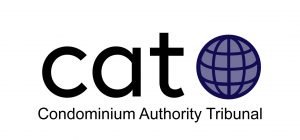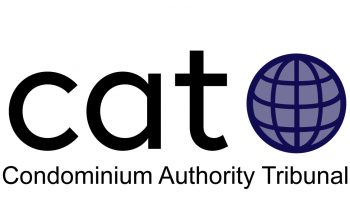 June 2022
June 2022
It has been a best practice for condo boards to make board meeting minutes available to owners. The easiest way to do this is by posting them to a website, condo management software library or community portal. The benefits are diverse. Greater transparency improves relations with owners. It minimizes rumours and misinformation. Management spends less time dealing with resident requests for information when it is available online.

For many communities, access to meeting minutes is the only way to learn of condo board decisions and activities.
For practical reasons, meeting minutes have been segregated. “General Minutes” are what is provided to owners. “In-Camera Minutes” incorporate ongoing litigation and private unit matters which should not be shared with owners. “In-Camera Minutes” are typically presented as the last pages for the month’s minutes. This makes it easy for management and boards to maintain proper records while being open and transparent in their governance, and ensuring that certain matters remain private and confidential. There is no discrepancy between sets of minutes provided to owners when requested at different times.
The Condominium Authority Tribunal (CAT) appears to have a different view based on a recent ruling. CAT does not recognize a distinction between “General Minutes” and “In-Camera Minutes”. Their expectation is that private and confidential discussions are to be included in the “General Minutes”.
In Russell v. York Condominium Corporation No. 50, 2021 ONCAT 103, the CAT stated that it is “not a best practice” to maintain separate “In-Camera Minutes”.
The implications of this are troublesome. Is it now expected that someone review every word of meeting minutes before they are provided to anyone, and that they be reviewed again if requested by another in the future? If so, it is safer to not post minutes than to manually review and redact sections and possibly make a mistake. In the event of some future litigation, information that was not redacted from what was posted could be considered private and confidential at some later date. Owners requesting the same minutes could receive versions with different redactions.
Given the realities of how condominium corporations operate, CAT has taken a step backward in terms of transparency and openness. Condo boards are unlikely to want to pay legal counsel to review meeting minutes each and every month. More condo boards are likely to withhold them from owners to the greatest extent possible.
 Vague and unclear decisions such as this are disappointing. The Condominium Authority Tribunal can, and should, do better!
Vague and unclear decisions such as this are disappointing. The Condominium Authority Tribunal can, and should, do better!





